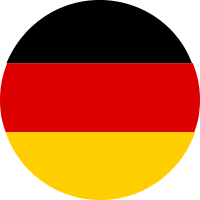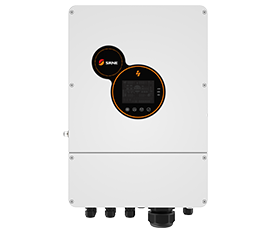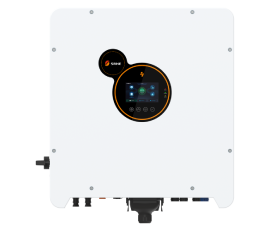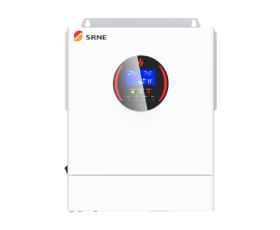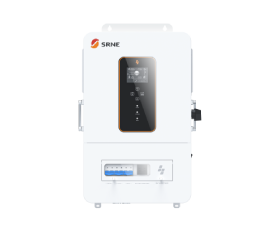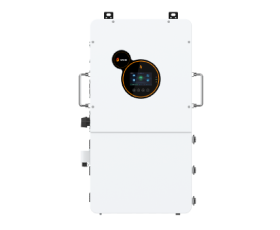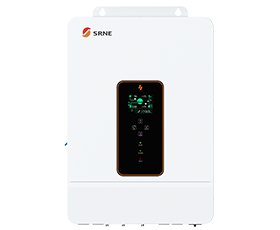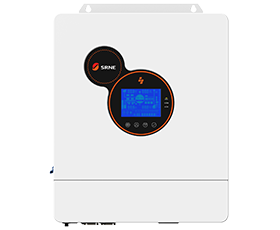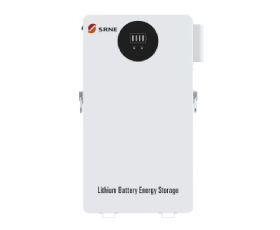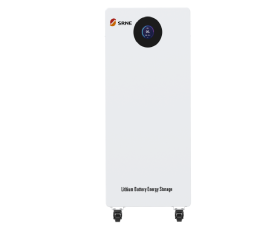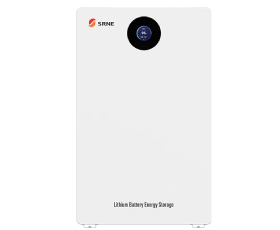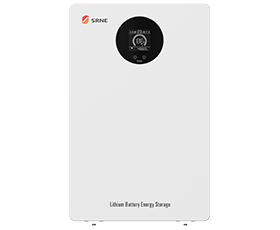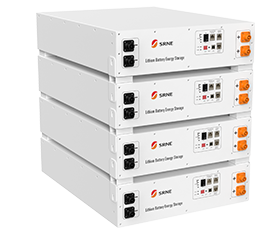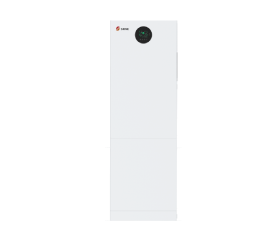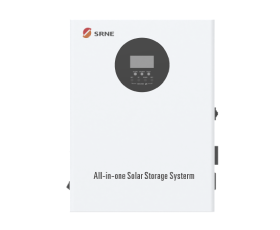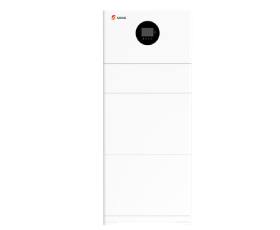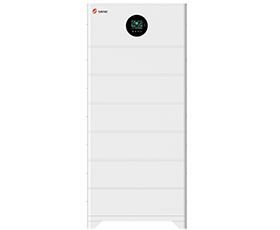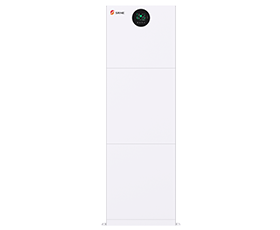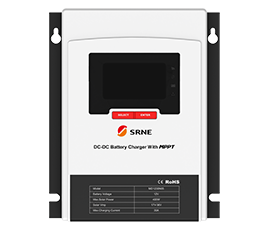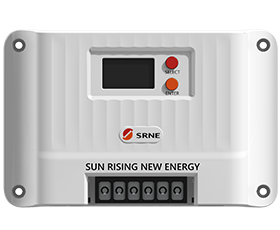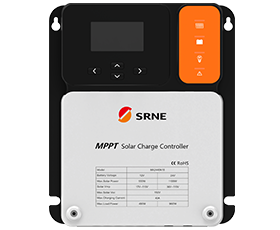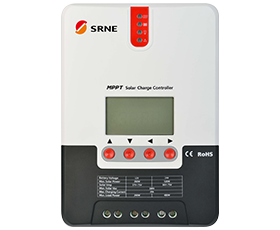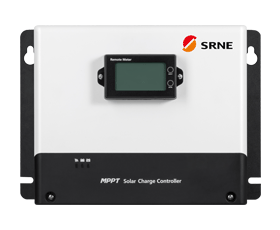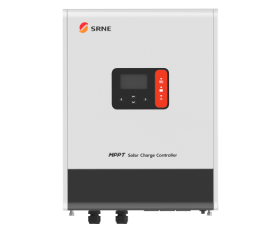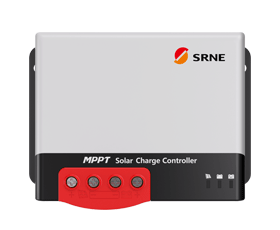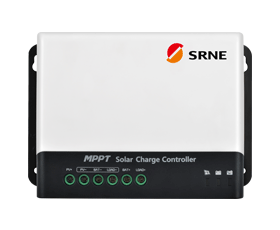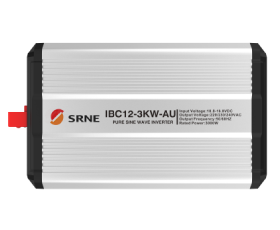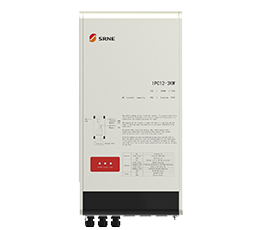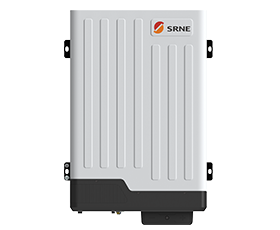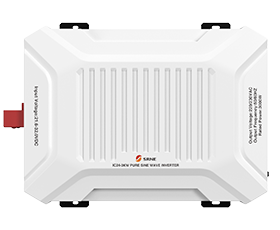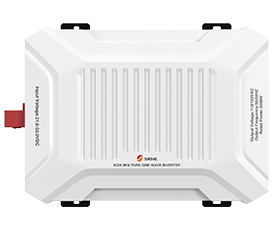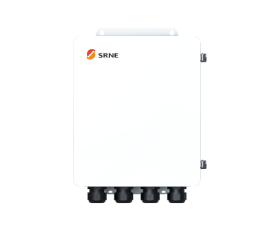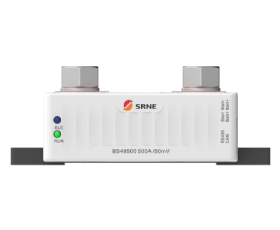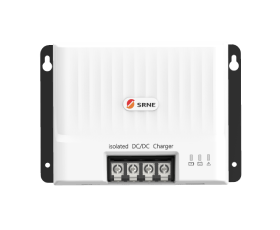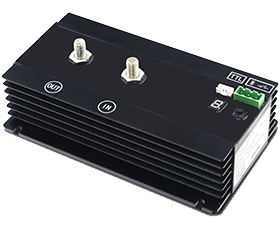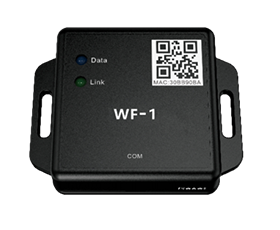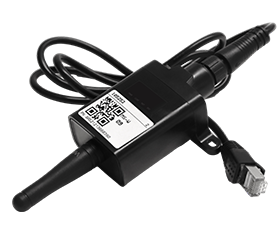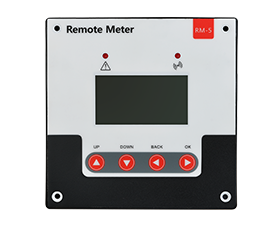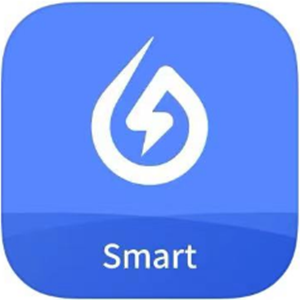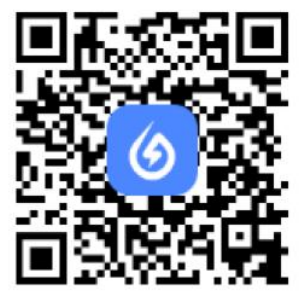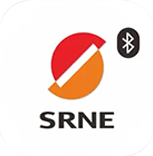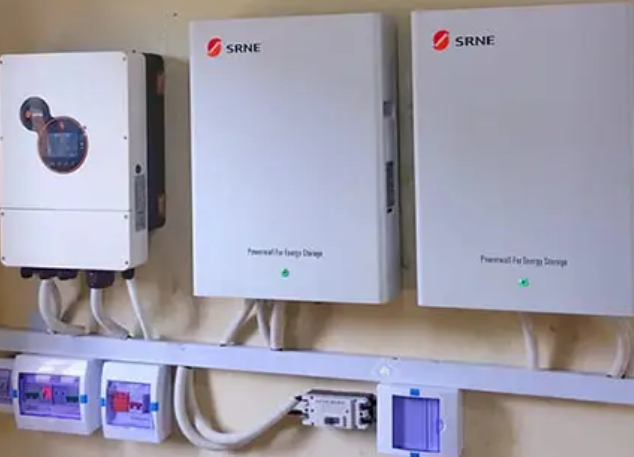Why do we need solar panel testing
Manufacturers of solar PV modules and panels strive to improve product efficiency, reliability, safety and cost-effectiveness. To this end, it is necessary to perform requisite testing to make sure products are capable of withstanding the environments they are likely to encounter during their intended service life.

Common Solar Panel Testing & Certification Standards
Below are some of the most common solar panel testing standards and certifications to look for when comparing solar panels:
IEC: International Electrotechnical Commission
The IEC is a nonprofit organization that establishes international assessment standards for a bunch of electronic devices, including photovoltaic (PV) panels. Importantly, the IEC does not test or certify panels themselves – they establish the standards for other testing facilities to adhere to when evaluating solar panel quality.
IEC 61215 is one of the core testing standards for residential solar panels. If a solar panel module successfully meets IEC 61215 standards, that means it completed a number of stress tests and performed well in regards to quality, performance and safety. IEC 61215 standards apply to both monocrystalline and polycrystalline solar panels, which are the most common types of solar panels.
Solar panels that meet IEC 61215 standards are tested on the following (and more):
Electrical characteristics (wet leakage current, insulation resistance)
Mechanical load test (wind and snow)
Climate tests (hot spots, UV exposure, humidity-freeze, damp heat, hail impact, outdoor exposure)
Among these tests, we would like to introduce the following two tests.
Humidity Freeze Test: Humidity freeze test is performed to determine ability of PV modules withstand against high temperature and humidity conditions followed by sub-zero temperature. In this this 10 cycles are run between 85°C with 85% relative humidity and negative temperature -40°C.
Damp Heat Test: Damp heat test is performed to test effects of long exposure of humidity penetration and high temperature. In this test is performed by applying 85°C ±2°C temperature with relative humidity of 85% for uninterrupted cycle of 1000 hours.
UL: Underwriters Laboratories
Outside of IEC, the other most common acronym you’ll see on a spec sheet related to solar panel testing is UL. This stands for Underwriters Laboratories (UL), a global safety certification company based in the United States. They provide testing services and certifications for many different types of products, including electric appliances, industrial equipment, plastic materials, and more.
UL 1703 is an industry-standard attesting to both the safety and performance of solar panel modules. Solar panels with this certification go through simulated climatic and aging tests and have been deemed as safe in regards to mechanical loads, fire, and electrical hazards.
You may find that a solar panel spec sheet lists both UL 1703 and IEC 61730 under safety certifications; this is pretty typical for any solar panel sold worldwide. UL 1703 is a mandate for solar panels sold and installed in North America. IEC 61730, on the other hand, is internationally recognized for safety standards and is more widely applicable to the global solar market.
Solar PV modules and panels are growing in popularity among consumers due to emerging renewable energy trends. Solar panels can pay off, but excellent performance is not guaranteed. Testing could reduce the chances of adverse outcomes, minimizing surprises and making the panels wiser investments.







